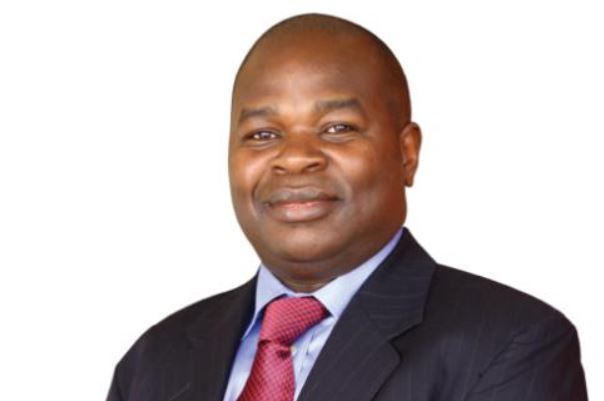×
The Standard e-Paper
Smart Minds Choose Us

The Covid-19 pandemic has come with various risks, but also presents critical lessons.
One of the greatest ones on financial wellness we can draw is that as an individual, you can only consider yourself financially healthy if you have an emergency fund that you can default to should an emergency strike.